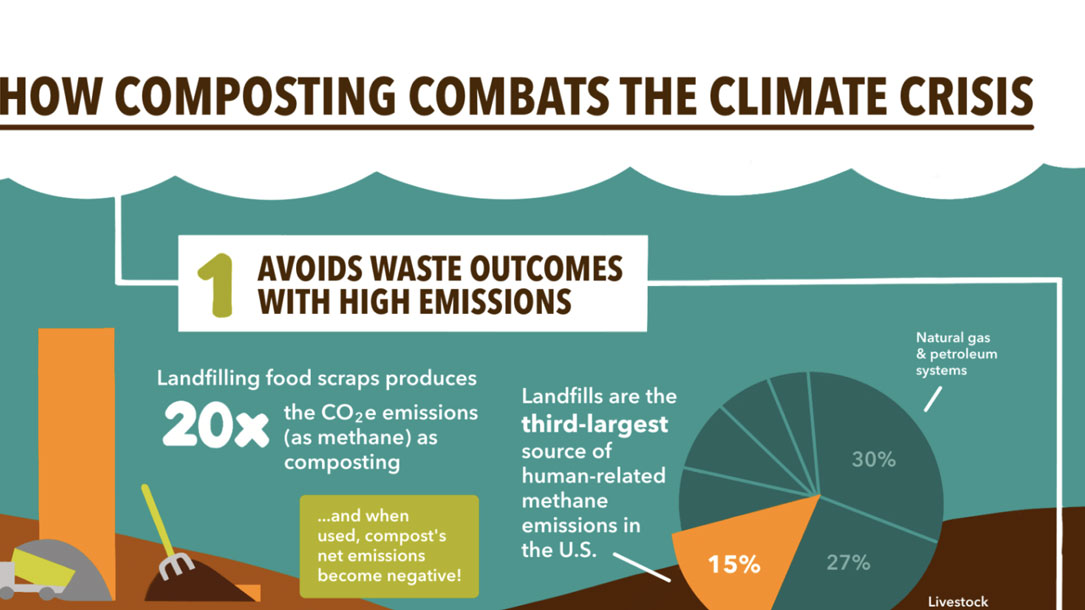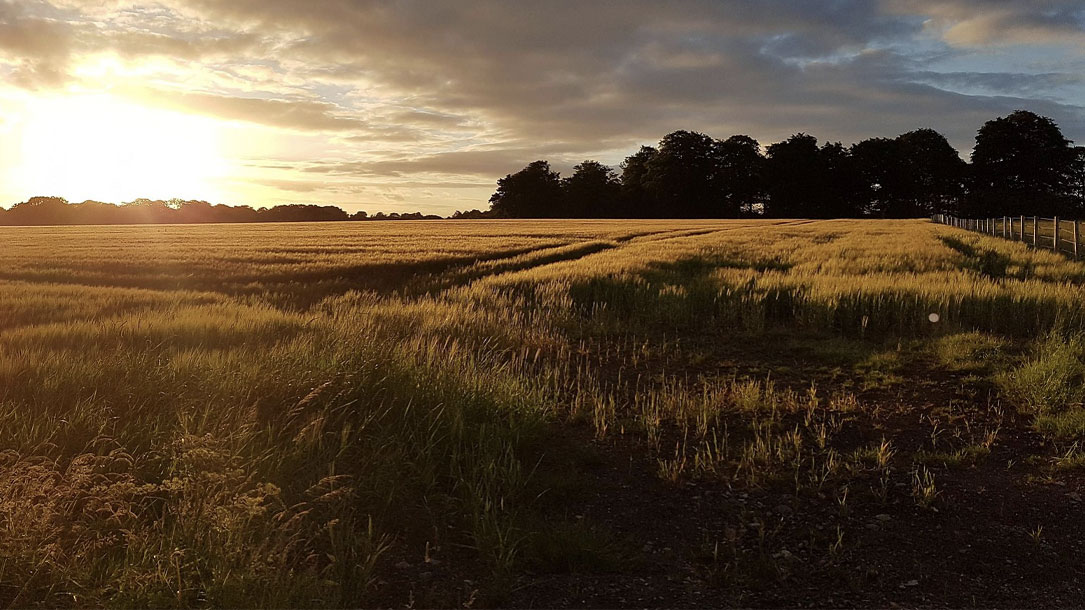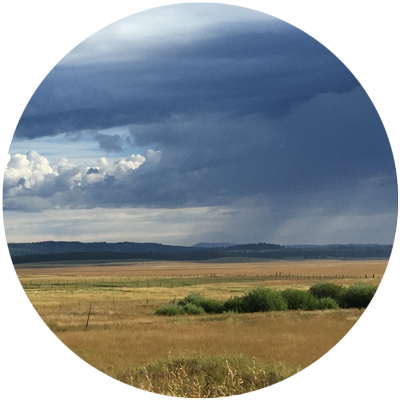
Infographic: How composting combats the climate crisis
Composting cuts greenhouse gas emissions, enhances the ability of soil to act as a carbon sink, and builds community resilience to climate disruptions.
Use our new graphic to share these benefits! It is available for your use (with attribution to the Institute for Local Self-Reliance).

By Degrees: Covering climate change
Human activity is warming the planet. This change is already reshaping how we live and interact with our environment in New Hampshire, across New England and beyond. And just as more people than ever were beginning to wake up to the climate emergency, our lives collided with the coronavirus pandemic and a generational reckoning on racial justice.

Smart Solar Siting for New England: free webinar series
Join American Farmland Trust, Acadia Center, Conservation Law Foundation, Vote Solar, and Vermont Law School for a four-part webinar series, as we share outcomes from our joint two-year project seeking to reduce conflicts over the siting of solar facilities…












